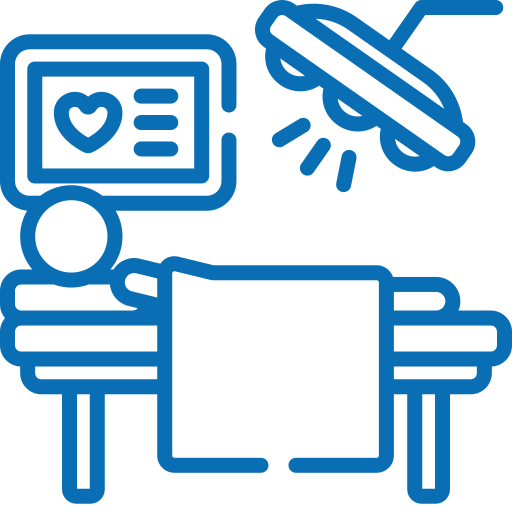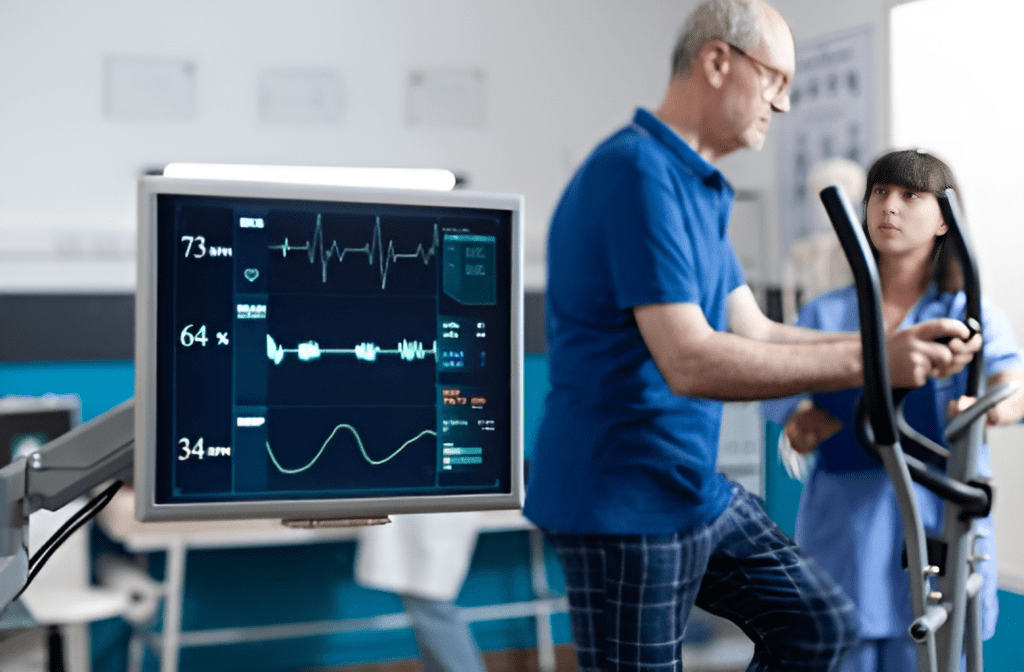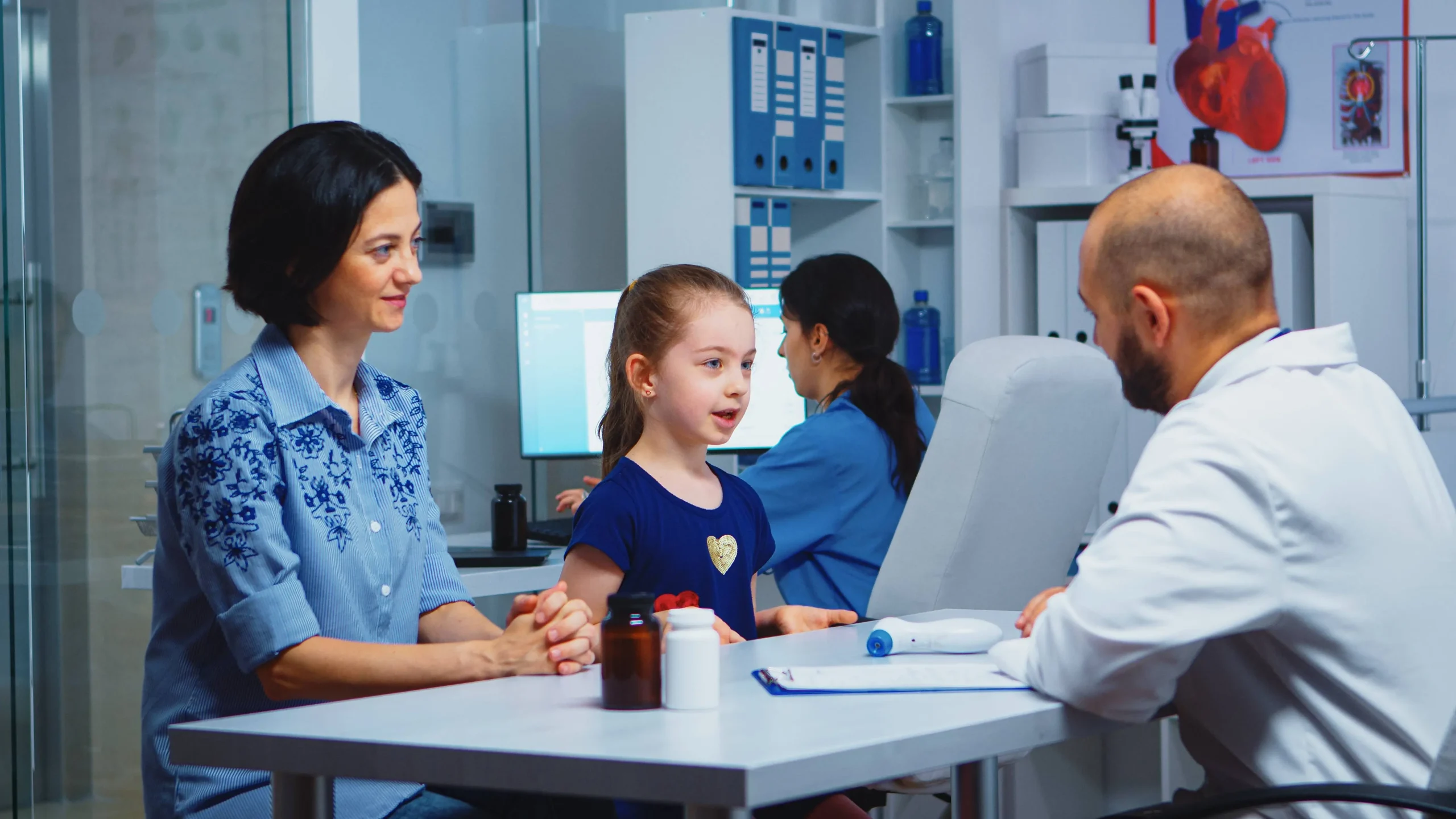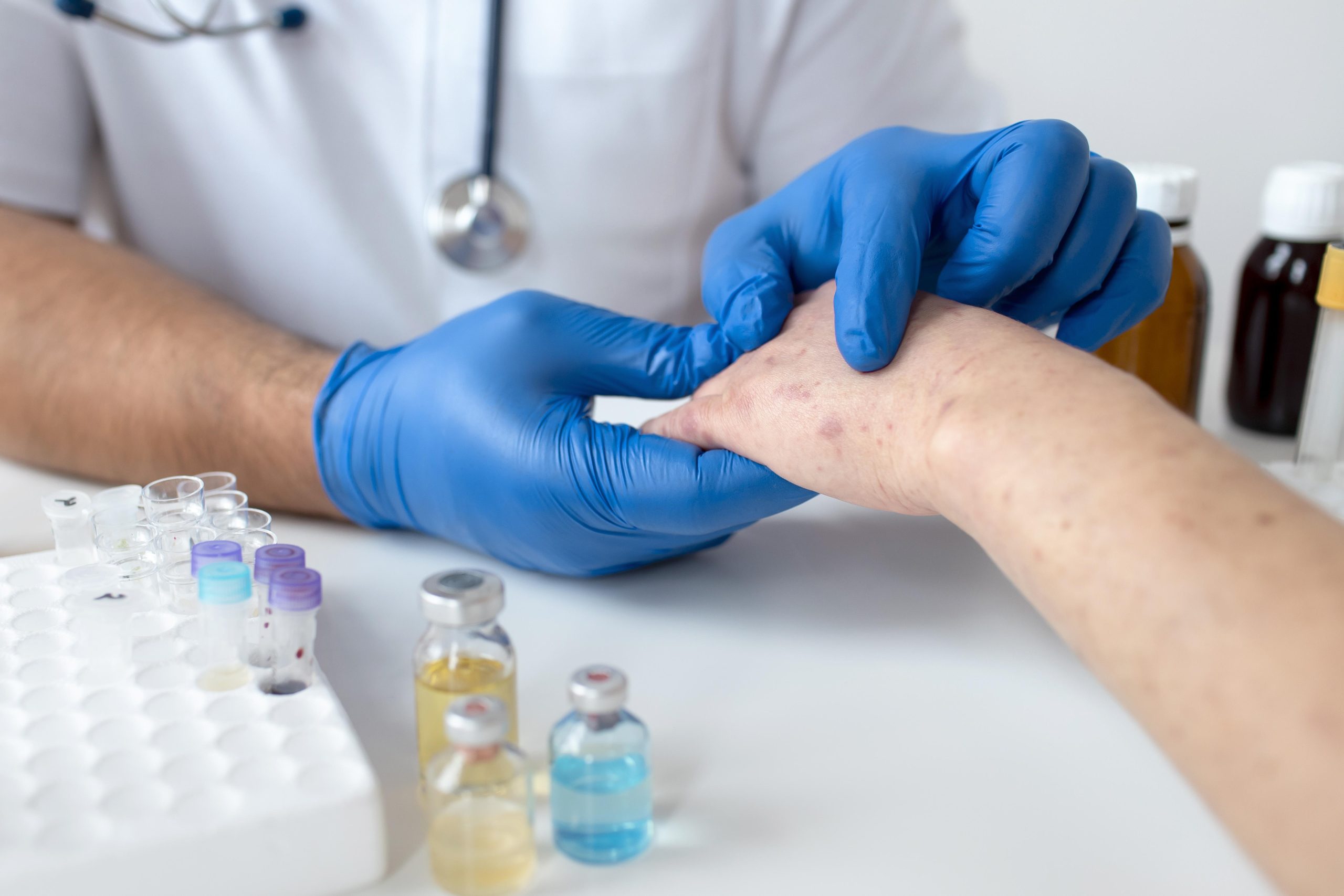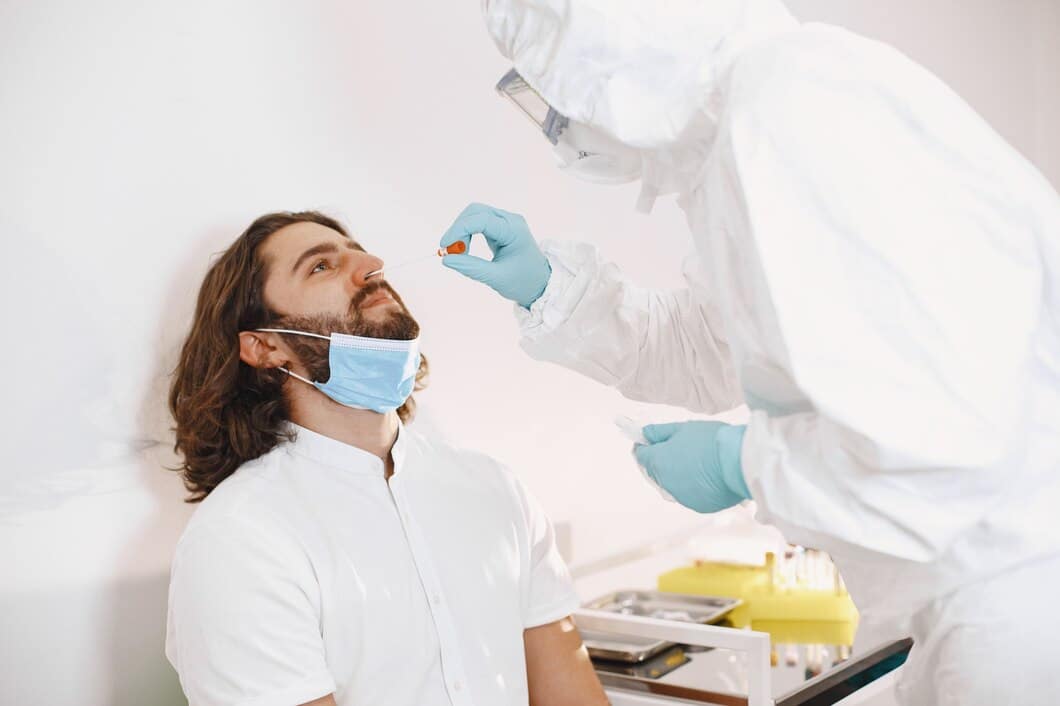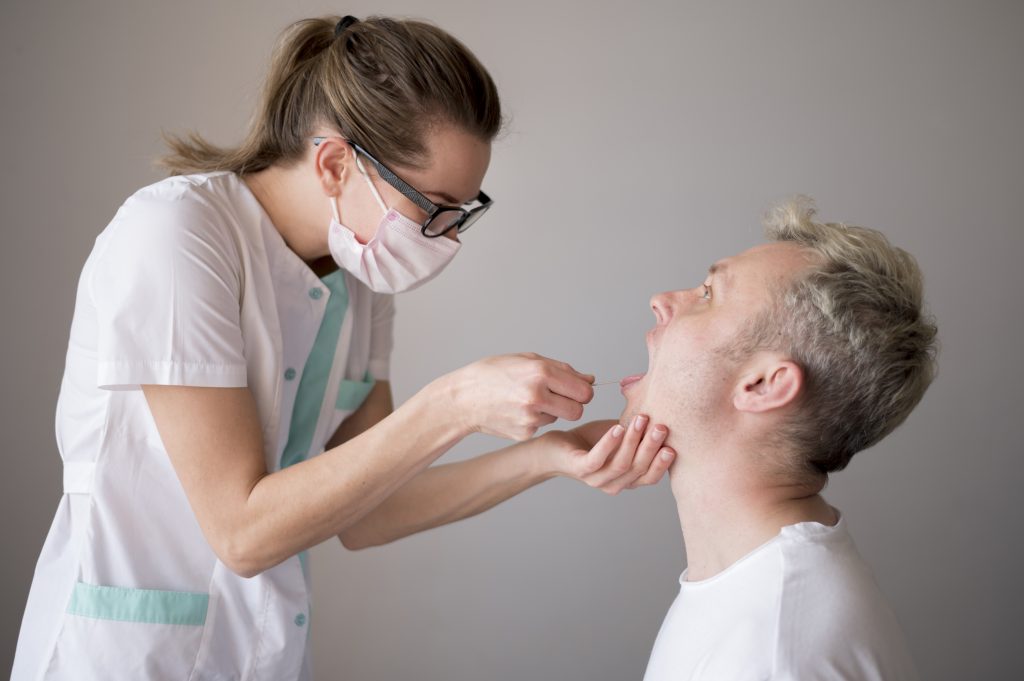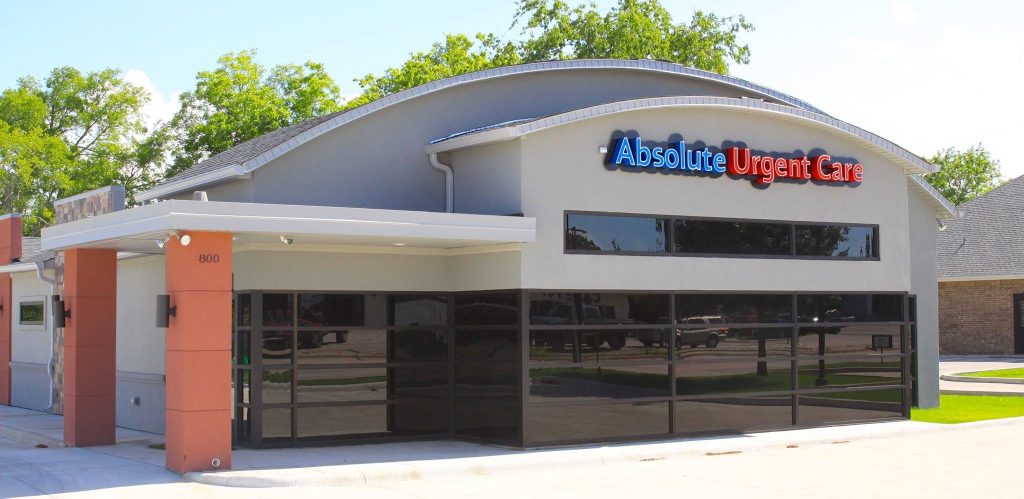For the longest time, heart disease was noted as one of the main killers in America. It is, however, another illness for which mortality can be significantly reduced if it is caught and treated early enough. Routine cardiovascular checkups and tests can help prevent heart problems, especially for the elderly or anyone with other risk factors such as diabetes and obesity. So what do these tests include for students who are undergoing a cardiovascular examination? This issue will be addressed more fully and critical studies to be performed to determine the cardiovascular health status of the patients will be given in this piece with the assistance of Absolute Urgent Care.
The Importance of Focusing on the Regularity of Checks
But before we go further about the specifics of the tests which are to be performed, let us first understand conditions that make the need for cardiovascular screenings and tests not only required but obligatory. The actual problems with the heart do not usually happen overnight; in most cases, the pathology process proceeds quite secretly, and only at a very late stage of its development, certain clinical signs appear, which are too late to intervene. Regular screening and testing is considered the most effective method of detection of early signs of the disease and getting the necessary response on time.
Having cardiovascular checkups on a regular basis can help one with the following: Early Detection:
Conditions such as high blood pressure or atherosclerosis tend to go undiagnosed for long periods of time, up to the time when the disease manifests itself in the shape of nodules that can be spotted in x-ray or other scans.
Prevention: Check-ups in some cases can be useful for assessing risk such as one’s cholesterol levels, how high this could tend to be. Such check-ups would help in ensuring one can alter their lifestyle or seek treatment that can help prevent further complications.
Personalized care: Such methods can also allow healthcare officials to determine whether an individual is able to Satisfy those risk factors, how best to go about managing the risk posed and live a healthy lifestyle. The working policies at Absolute Urgent Care stress the importance of thorough cardiovascular assessment of choosing appropriate caring procedures for each patient.
Who Should Get Cardiovascular Screenings?
It may not be necessary for every individual to undergo cardiovascular checking every year, however, there are specific groups of individuals who are at a greater risk of developing cardiovascular diseases and should therefore consult with their primary healthcare provider to know the appropriate time for tests aimed at screening for coronary artery disease and other related conditions; Such target groups would include people aged over forty years; individuals with a history of parents suffering from heart disease; people who smoke cigarettes and those who used to smoke.
In any case, for people who do not have these risk factors, it is advisable to start regular checkups from age 50, as aging itself is an important risk factor.
Primary Cardiovascular Tests
When To Seek Healthcare There is usually a norm where a physician will recommend several tests for cardiovascular risks according to age, risk factors as well as symptoms – and here are some of the common ones:
Blood Pressure Monitoring
Measuring of blood pressure is one of the least complex but most crucial methods in medicine today. Next to high blood cholesterol levels, which predispose one to cardiovascular diseases, the most common worldwide is hypertension – it never provides a warning until it reaches alarming levels. A normal reading should be of the order of 120 . 80 mm Hg, with the lower pressure being of more significance. There should be no cause for alarm if the numbers are within 140 90 mm Hg. Anything above should have you at risk for either heart disease and stroke or even both.
When to Get It: When the blood pressure rises, it is advised that any individual; especially the adult containing the common malaise of hypertension submits to such examination no less than once every year, annum being the minimum occasion that any adult must go through this procedure.
Cholesterol Test (Lipid Panel)
Uncontrolled cholesterol can be extremely terrible; it is a fatty substance which deposits and builds up on the walls of the arteries making these hollow tubes narrower which then puts the chances of heart diseases and stroke high. A cholesterol test also known as the ‘lipid panel’ test determines the level of total blood cholesterol inclusive of LDL, two other forms plus HDL as well as the triglycerides level content.
As from the age of twenty on, it has become routine practice to perform at least a lipid panel once every five years, if there are risk factors such as obesity or smoking. If there is a predisposition to cardiovascular disease in the family tree, then such tests can be done at little time intervals that are shorter than five years.
Electrocardiogram (ECG or EKG)
An ECG – which can also be referred to as EKG – is a quite safe, effortless, and painless procedure which checks the heart functions in order to identify any diseases such as a heart attack, some form of arrhythmia, and other ailments related. Typically, if a patient complains of difficulty in breathing, feeling pain in the heart region, or experiencing an erratic heartbeat, medical practitioners may suggest an ECG. There are also situations when administering this test is indicated and patients are not presenting with any symptoms. These are people with increased risk of developing such conditions.
When to get the ECG: If there are certain risk factors for developing cardiovascular disease, or even if chest pain, dizziness or palpitations are felt, it may be ideal to seek out the ECG as suggested by your physician.
Stress Test
The cardiologist tries to gain a patient’s heartbeat in the course of getting them to do physical exercises– it may be just sitting on an exercise bike or walking on a treadmill. This is essential in that it shows how imbalances in the heart would perform under conditions of normal stress but with opposing challenges such as blockage of the arteries or irregular beats. It provides deeper insights into the stress tolerance level of the heart in humans.
When to get One: Stress Testing is performed on individuals who have risk factors for heart diseases and other illnesses such as coronary artery disease, arrhythmias and possibly have a history of such conditions during an interview. Pressure and chest discomfort or a family history of these situations.
Echocardiogram
An echocardiogram is an ultrasound of the heart and surrounding tissues. This is an imaging test that uses ultrasound waves to help medical professionals analyze the size and function of the heart. This test can also determine other conditions like valve disease, heart failure, or even just an enlarged heart.
When to Get One: In cases where there is a possibility of high blood pressure or damage, echocardiography is overused, especially in patients who complain of chest or respiratory discomfort due to the disease of heart and lung arteries.
Coronary Calcium Scan
A coronary calcium scan is a special computerized tomography (CT) scan done to measure the extent of the calcium deposits within the walls of the coronary arteries. This is the commonest manifestation would be atherosclerosis, this process of plaque buildup on arterial walls obstructs normal blood flow, which could potentially lead to heart attack from further complications. It helps to determine the risk of coronary artery disease in patients who otherwise would be expected to have vessels free of such diseases and thereby helps to predict the condition at an early stage.
When to Get It: This test is recommended for individuals aged 40 to 70 years and at one’s risk for developing heart disease due to either cholesterol concentration or positive family history of coronary heart disease.
C-Reactive Protein (CRP) Test
C-Reactive Protein is the inflammation marker studied when investigating the levels of inflammation in a patient’s body. The marker has an inability to delineate whether a patient does or does not have heart disease. That being said, this product, in conjunction with other sorts of tests, such as inter alia cholesterol tests, or blood pressure tests, adds faces worth of worth in terms of any issues with one’s heart health perspective.
When to Get It: A crp test is helpful in the elderly population and those who have a familial predisposition to CVD or someone having borderline cholesterol levels and a history of some CVD.
The value of practising a healthy lifestyle
Through regular checkups and tests and practicing healthy lifestyle habits such as diet and physical activity, CVDs can be better avoided. These all work to enhance heart health and reduce the risk of heart disease. Thus, to promote heart health some simple changes in daily habits can be implemented from today.
Engage in a heart-healthy eating regimen: Many servings of fruits, vegetables, whole grains, and lean protein should be consumed; the intake of saturated and trans fats and sodium should be limited.
Exercise: Moderate intensity exercises like brisk walking, swimming or cycling for a duration of 150 minutes or more every week or preferably include aerobic training type of activities such as Braun on top of this.
Avoid smoking: It is a well established fact that smoking is one of the major prevetable cause of heart disease, therefore stopping smoking may work to the advantage of both you and your heart health.
Stress Management: Even high blood pressure and a range of cardiac disorders may develop in the course of strained conditions persisting for a long time. Stress management techniques include deep breathing exercises, meditation, or yoga.
At Absolute Urgent Care, we manage certain risk factors such as hypertension or high cholesterol, and also assist and advise on changing behaviors to a better, healthier lifestyle.
Knowing When Cardiovascular Check Up Is Necessary
Visiting the doctor once a year appears to be a good practice. However, there are occasions when seeing a doctor without an appointment is absolutely necessary. In the following conditions, one should not put off visiting a doctor: Pain or discomfort in the chest area.
High temperature, blood, or shortness of breath, illness, diarrhea, or excessive fatigue or even palpitations may be significant.
In some cases, these conditions may suggest that there are already significant lesions of the heart and or other vascular lesions which are probably irreversible. In the case of patients having heart patients with rapid or irregular beats, it would be a scenario where their life is in danger and it requires a medical care. When people are not certain whether the issue is associated with cardiovascular or any other issue, it is always recommended to follow Upon Entering Urgent Care Office or other medical specialists irrespective of the opinion of the most trustworthy doctor.
An organ that is considered vital and essential for living that should also be taken care of in every possible way is the heart. So, there is a certain necessity of merging these periodic check ups with regular physical activity and proper diet so one can reduce chances of getting predisposed toward heart disease. Some of them may include periodic heart checks which can be as simple as measuring one’s blood pressure or even an echocardiography as part of a routine check up. If you have any specific heart problems or requirements, make sure you visit Absolute Urgent Care for cardiovascular wellness evaluation.
Moreover, being careful as well as physically active is quite crucial in managing your heart condition and leading a more active lifestyle.


